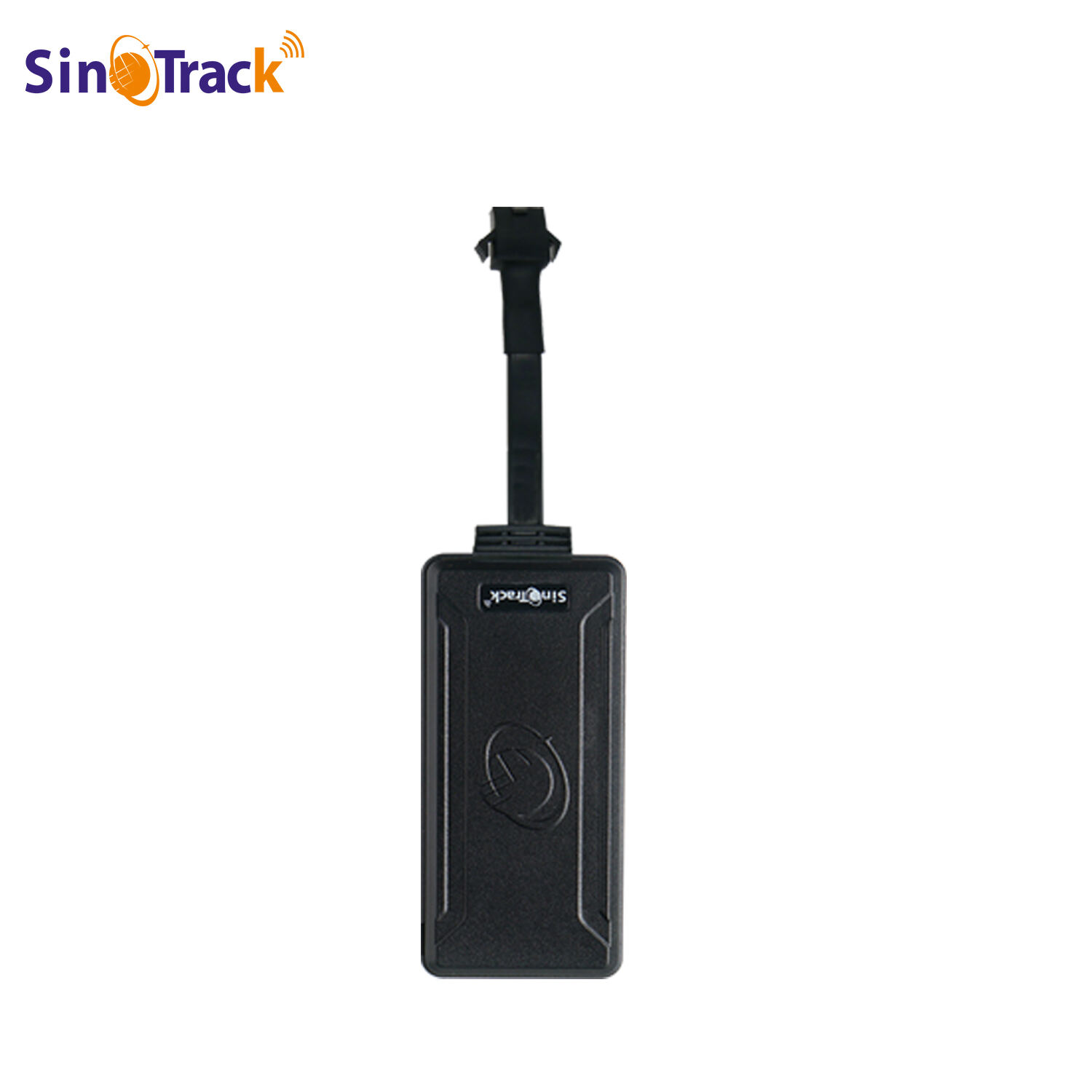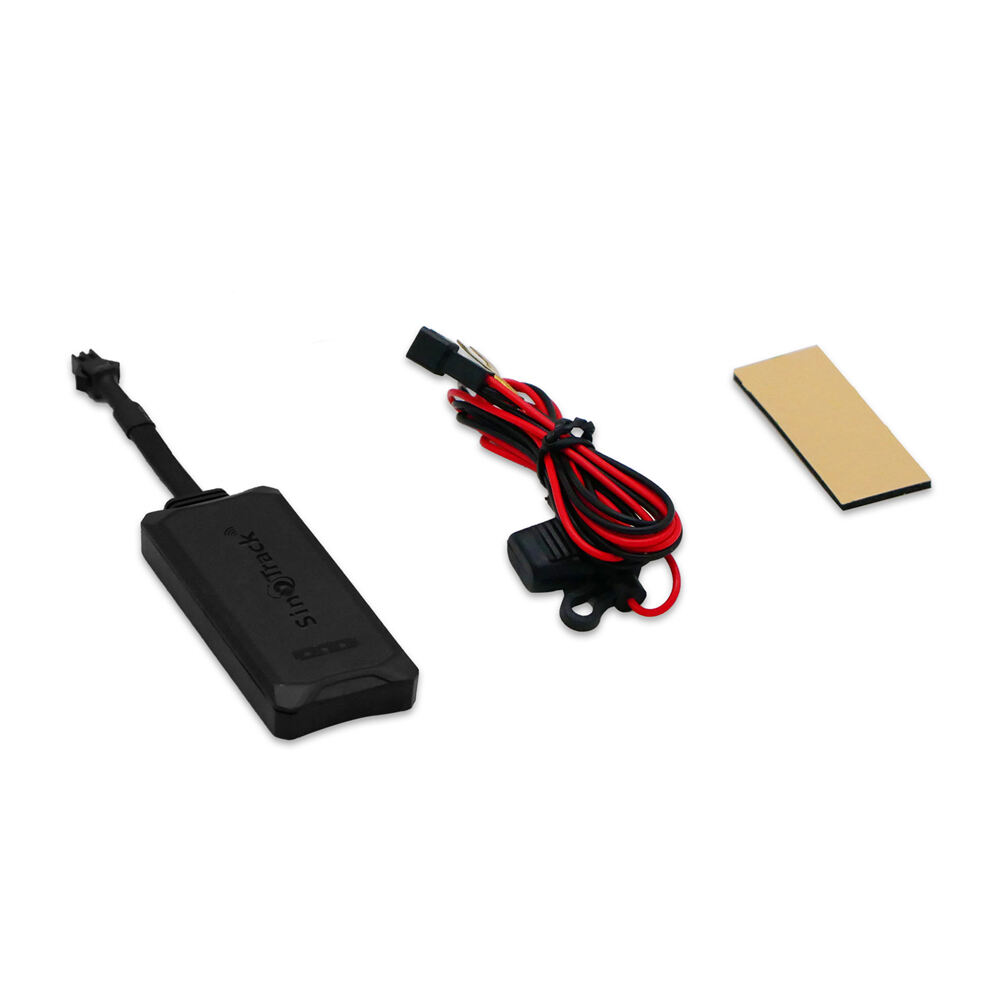Using Car GPS Trackers for Family Vehicle Monitoring
Car GPS trackers have become a popular tool for families looking to monitor their vehicles, ensuring safety, security, and peace of mind. Whether keeping an eye on teen drivers, tracking family trips, or protecting vehicles from theft, these devices offer practical features that help families stay connected and in control. With real-time location updates, speed alerts, and geofencing capabilities, car GPS trackers provide valuable insights into vehicle usage while promoting responsible driving. This guide explores how families can use car GPS trackers for vehicle monitoring, their key benefits, and how to choose the right tracker for family needs.
What Are Car GPS Trackers for Family Use?
Car GPS trackers for family vehicles are compact devices installed in cars, trucks, or SUVs to track their location and movement. They use satellite signals to determine the vehicle’s exact position, which is then sent to a mobile app or online platform that family members can access. These trackers are designed to be easy to use, with features tailored to family needs—such as real-time monitoring, speed alerts, and boundary notifications. They come in two main types: plug-in devices (connected to the vehicle’s OBD-II port) and hardwired units (installed by professionals), both offering reliable tracking without being overly intrusive.
Key Benefits of Using Car GPS Trackers for Family Vehicles
Ensuring Teen Driver Safety
For parents of teen drivers, car GPS trackers provide reassurance by monitoring driving behavior and promoting safe habits.
- Speed Monitoring: Trackers send alerts when the vehicle exceeds a set speed limit (e.g., 60 mph in a residential area). This helps parents address speeding issues early, reducing the risk of accidents—teens are more likely to drive responsibly knowing their speed is being monitored.
- Location Tracking: Parents can check the vehicle’s real-time location to ensure teens are where they say they are—whether at school, a friend’s house, or a part-time job. This helps build trust while providing a safety net if plans change unexpectedly.
- Driving Behavior Insights: Many trackers record data on harsh braking, rapid acceleration, or sharp turns. Parents can review this information with their teens, using it as a teaching tool to improve driving skills and discuss safe practices.
- Emergency Alerts: Some trackers include panic buttons or automatic crash detection. If a teen is in an accident, the tracker sends an alert to parents with the exact location, ensuring quick help arrives.
Monitoring Family Trips and Logistics
Car GPS trackers simplify family travel, making it easier to coordinate trips, track progress, and ensure everyone arrives safely.
- Trip Tracking: On family vacations or road trips, trackers allow parents to share the vehicle’s location with other family members (e.g., a spouse following in another car or relatives waiting at the destination). This reduces stress and keeps everyone informed about arrival times.
- Route History: After a trip, parents can review the route taken to identify efficient paths or note areas to avoid (like heavy traffic zones) for future trips. This is especially useful for families who frequently travel to the same destinations, such as grandparents’ houses or vacation spots.
- Multiple Vehicle Coordination: Families with more than one car can monitor all vehicles from a single app. This helps manage schedules—for example, tracking when a parent picks up a child from school or ensuring a teen returns home on time for a family dinner.
- Breakdown Assistance: If a vehicle breaks down during a trip, the tracker’s location data helps roadside assistance reach the family quickly, even in remote areas where landmarks are scarce.
Preventing Theft and Recovering Stolen Vehicles
Car theft is a concern for many families, but GPS trackers significantly increase the chances of recovering a stolen vehicle quickly.
- Real-Time Theft Alerts: Trackers send instant alerts if the vehicle is moved without authorization (e.g., during the night when it should be parked at home). This allows families to contact authorities immediately, increasing the likelihood of recovery.
- Location Sharing with Police: If a vehicle is stolen, families can share real-time tracker data with law enforcement, guiding officers to the exact location. This speeds up recovery and reduces the risk of damage to the vehicle or loss of personal items inside.
- Geofencing for Security: Families can set up virtual boundaries (geofences) around their home, school, or workplace. If the vehicle leaves this area unexpectedly (a sign of theft), the tracker sends an alert, allowing for rapid action.
- Deterrent Effect: Many trackers have visible indicators (like stickers or logos) that signal the vehicle is being monitored. This can deter thieves, who are less likely to target a car they know can be tracked.

Managing Vehicle Maintenance and Costs
Car GPS trackers help families keep up with vehicle maintenance, reduce unnecessary expenses, and extend the life of their vehicles.
- Maintenance Reminders: Trackers monitor mileage and send alerts when the vehicle is due for oil changes, tire rotations, or other routine maintenance. This prevents missed services that can lead to costly repairs later.
- Fuel Efficiency Monitoring: Trackers record fuel usage and identify inefficient driving habits (like idling or frequent speeding) that waste gas. Families can use this data to encourage more fuel-efficient driving, reducing monthly fuel costs.
- Insurance Benefits: Some insurance companies offer discounts for vehicles equipped with GPS trackers, as they are less likely to be stolen and easier to recover. This can lower insurance premiums, saving families money over time.
- Unauthorized Use Detection: Trackers reveal if someone (like a friend borrowing the car) is using the vehicle outside agreed-upon times or driving in high-risk areas, helping families enforce rules and avoid unnecessary wear and tear.
How to Choose the Right Car GPS Tracker for Family Use
Selecting the best car GPS tracker depends on a family’s specific needs, budget, and technical comfort. Here are key factors to consider:
Ease of Installation
- Plug-In Trackers: These connect to the vehicle’s OBD-II port (usually under the dashboard) and are ready to use in minutes. They are ideal for families who want a simple, non-permanent solution that can be moved between vehicles.
- Hardwired Trackers: Installed by professionals, these connect to the vehicle’s electrical system for constant power. They are more discreet and reliable but require upfront installation costs.
Features
- Real-Time Tracking: Essential for monitoring teen drivers or responding to theft. Look for trackers with 24/7 real-time updates and a user-friendly app.
- Alerts: Choose trackers that send customizable alerts for speed, geofences, unauthorized movement, or maintenance needs.
- Battery Life: For plug-in trackers, ensure the battery lasts long enough for daily use (some have backup batteries for when the vehicle is turned off). Hardwired trackers have unlimited power.
- Historical Data: Trackers that store past location history (for days or weeks) allow families to review trips and driving patterns over time.
Cost
- Device Price: Plug-in trackers are generally cheaper ($50–$150) than hardwired models ($100–$300).
- Subscription Fees: Most trackers require a monthly or annual subscription ($10–$30 per month) for data transmission and app access. Compare plans to find one that fits your budget.
Privacy Considerations
- Choose trackers with secure apps and data encryption to protect location information.
- Discuss monitoring with family members (especially teens) to balance safety with trust. Transparency helps avoid feelings of intrusion.
Tips for Using Car GPS Trackers Responsibly
To make the most of car GPS trackers while maintaining family trust:
- Set Clear Rules: Discuss with teens why the tracker is being used (safety, not surveillance) and agree on speed limits, curfews, and geofence boundaries.
- Use Data as a Teaching Tool: Instead of punishing, use tracker data to have constructive conversations about safe driving. For example, review a day’s driving to highlight when speed was appropriate and when it could have been improved.
- Respect Privacy: Avoid checking the tracker excessively or using it to spy on family members. Use alerts for safety concerns, not to micromanage every movement.
- Involve the Whole Family: Let everyone access the tracker app so teens can see their own driving data, and parents can share trip updates with kids during long drives.
FAQ
Is it legal to use a GPS tracker in a family vehicle?
Yes, in most places, it is legal to track a vehicle you own, even if other family members drive it. However, laws vary, so check local regulations to ensure compliance. Always inform drivers that the vehicle is being tracked to avoid privacy issues.
Can GPS trackers work if the vehicle’s battery is dead?
Some trackers have backup batteries that last for several hours to days, allowing tracking even if the vehicle’s battery is disconnected. Hardwired trackers may lose power if the battery is dead, but advanced models include backup power.
How accurate are car GPS trackers?
Most trackers are accurate to within 1–10 meters, depending on satellite signal strength. They work best in open areas but may be slightly less accurate in dense cities or under heavy tree cover.
Can teens disable a car GPS tracker?
Plug-in trackers can be removed if the teen knows where they are, but hardwired trackers are more difficult to disable without professional knowledge. Some trackers send alerts if they are disconnected, notifying parents of tampering.
Do car GPS trackers use a lot of data?
No, most trackers use minimal data for location updates. Subscription plans typically include enough data for daily use, and some providers offer unlimited data options.

